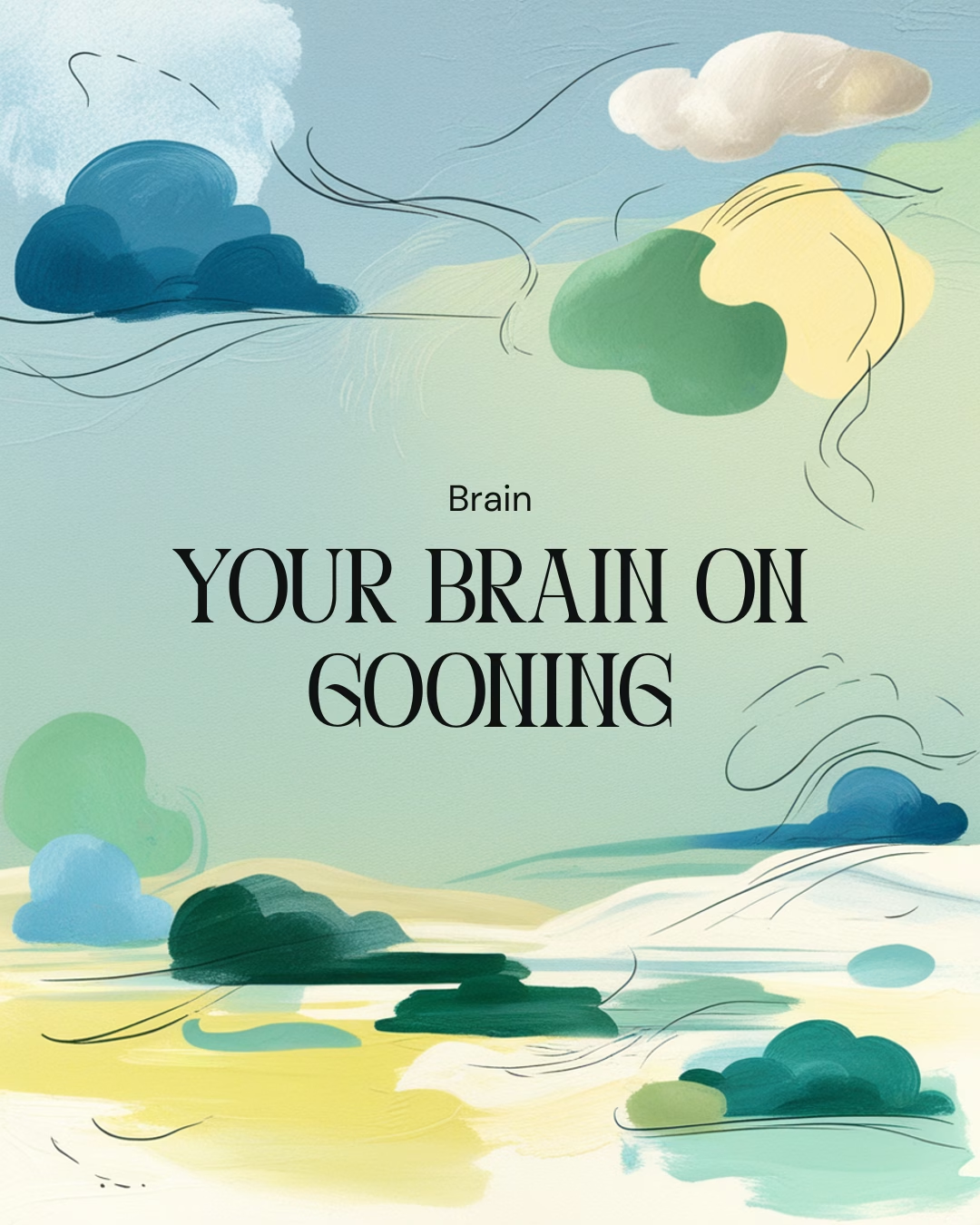Ever feel like school only scratched the surface of what’s truly fascinating in the world? You’re not alone! Forget the boring textbooks, because we’re about to dive into 25 mind-blowing facts that will make you question everything you thought you knew. From Roman billionaires meeting a molten end to the surprising reason people didn’t smile in old photos, and the dark history of cannibalism that goes back further than you’d imagine, get ready for a wild ride. I’m Mike with L25, and stay tuned as I count down these incredible truths you definitely didn’t learn in school!
The Facts:
25. A Roman Billionaire’s Molten Demise: Forget being buried with treasure, for the super-rich in ancient Rome, death could be a poetic (and horrifying) statement. Marcus Licinius Crassus, with a net worth estimated at $20 billion in today’s money, faced a unique execution after a failed military campaign: molten gold was poured down his throat, a chilling symbol of his insatiable greed. Talk about going out with a valuable body!
24. The Aztec’s Ingenious Base-20 System: Hundreds of years ago, the Aztecs of Central America developed a sophisticated base-20 number system. Their “Codex Vergara” illustrates equations for geometry, division, and multiplication using dots for one, bars for five, and unique symbols for twenty. Researchers believe they even used algorithms to measure land – a testament to their advanced understanding.
23. World War I: The Fall of Four Empires: The “Great War” truly reshaped Europe. With an estimated 40 million deaths, World War I brought about the collapse of the German, Austro-Hungarian, Ottoman, and Russian Empires. New modern states emerged, but sadly, old rivalries would ignite an even more devastating conflict just two decades later. A lesson truly unlearned.
22. Gendered Tanks of WWI: When the British unleashed the first military tanks in 1916, they weren’t just revolutionary; they had genders! The Mark I tanks came in “male” versions, armed with huge six-pound guns, and “female” versions, equipped with machine guns and an escape valve. While their armor was relatively weak, the sight of a 28-ton “death machine” must have been terrifying.
21. American Schools Banned German After WWI: The lingering resentment after World War I led to surprising measures. In 1919, Indiana passed a law banning German from being spoken in public, homes, or even schools. Despite many German immigrants having fully integrated, the language was viewed as that of the enemy.
20. The Unsmiling Past: Why People Didn’t Smile in Old Photos: Ever wonder why everyone in old photographs looks so gloomy? It wasn’t just the long exposure times! Culturally, smiling in portraits was often frowned upon, as it could suggest mental illness or a lack of class. People were used to the serious demeanor of painted portraits, and it took time for smiles to become acceptable in photography.
19. John Adams’ Vision for July 2nd: While we celebrate American Independence Day on July 4th, Founding Father John Adams believed it should be July 2nd. That was the day the Continental Congress first voted to declare the US independent from Great Britain. Philadelphia is now embracing Adams’ argument by celebrating July 2nd as a pre-Independence Day.
18. The Only President Born on Independence Day: Given the significance, it’s surprising only one US president was born on July 4th: Calvin Coolidge. Serving from 1923 to 1929, he’s remembered as a quiet, patriotic leader, seemingly destined for the role from birth.
17. A Pop Song’s Secret Message to Colombian Hostages: In 2010, Colombian military tacticians devised a genius plan to communicate with soldiers held hostage by guerrilla forces. They embedded a secret Morse code sequence into a pop song, hoping the captives would hear it. The soldiers did, deciphering the chorus: “19 people rescued, you’re next. Don’t lose hope.” The power of music truly gave them hope and led to their release.
16. The Leg-less Ace of WWII: Douglas Bader: Hearing of a pilot without legs is alarming, unless that pilot is Douglas Bader. After a stunt-flying accident cost him both legs, he became a legendary British pilot in WWII. Despite his prosthetic limbs, he shot down 22 enemy planes, proving that talent and determination know no bounds.
15. North Korea’s Self-Perception: Just “Koreans”: While the world calls it North Korea, the isolated nation doesn’t see itself that way. Since the 1953 armistice (which technically means the Korean War is still ongoing), the peninsula was split. People inside North Korea simply consider themselves “Koreans,” hoping for a unified Korea under Kim Jong-un – a highly unlikely scenario.
14. The Nazis’ Unexpected Anti-Smoking Campaign: Shockingly, the first nationwide anti-smoking campaign was launched in Nazi Germany in 1940. Hitler believed tobacco was a “poison” given to white people by Native Americans as revenge for introducing alcohol. They restricted smoking in public places, limited soldiers’ rations, and taxed tobacco companies heavily.
13. Implanting False Memories in Mice: As if science wasn’t already dystopian enough, scientists have managed to implant false memories in mice. Through genetic engineering and laser stimulation, they made mice “remember” being electrically shocked, even if they never were. This sheds light on memory formation but raises unsettling questions about the future of human memory.
12. The First Crocodile “Virgin Birth”: In a bizarre turn of events, a crocodile in Costa Rica, isolated for 16 years, laid viable eggs in 2018. This wasn’t a miracle, but a rare phenomenon called parthenogenesis, meaning she didn’t need a mate to fertilize her eggs. Female crocodiles have officially proven their independence!
11. Growing Teeth from Urine Stem Cells: In 2013, Chinese scientists achieved something truly unexpected: growing teeth from human urine. They transformed cells from urine into powerful stem cells, then tinkered with them to grow all the essential parts of a tooth, like dentin, pulp, and enamel. While innovative, the thought of urine-based dentistry is certainly… unique.
10. Giardia: An Ancient Parasite in Jerusalem’s Toilets: Some parasites have an incredibly long history. During an excavation of ancient toilets in Jerusalem, scientists found evidence of Giardia, a parasite that causes cramps and nausea. This proves it has been plaguing humans for thousands of years, sending them running to the bathroom throughout history.
9. The Earliest Case of Brain Surgery (1500 BCE): Brain surgery today involves high-tech tools, but ancient civilizations were experimenting with it as early as 1500 BCE. A skeleton found in Northern Israel with a distinct hole in its skull indicates trepanation, a common operation among various ancient cultures. While the purpose is unclear, it certainly would have been agonizing.
8. A Mysterious Cat-Bite Infection: A 48-year-old UK man’s stray cat bite led to a completely new and aggressive infection. Doctors initially suspected tetanus or rabies, but his symptoms were unique: puffy, red, and incredibly inflamed skin. Surgeons had to remove tissue, and while the infection was classified as part of the Gabic Catella family, its exact nature remains a mystery.
7. Julius Caesar’s Assassination Site is Open to the Public: The infamous assassination of Julius Caesar in 44 BCE, immortalized by Shakespeare, happened in a place called Largo di Torre Argentina in Rome. This site, where Caesar was surprised and killed by Roman Senators, has only recently been opened to the public.
6. Beethoven’s Hair: A Window into His Health: Ludwig van Beethoven, the “mad genius,” was plagued by terrible health, including deafness in his 20s. DNA analysis of his hair has revealed a shocking truth: he suffered from hepatitis in his final stages, a severely damaged liver, mental poisoning, lupus, and other illnesses. Yet, through all the pain, he composed some of the most beautiful classical music ever known.
5. Silence and Sound: Our Brains May Perceive Them Similarly: Do you crave silence or thrive in noise? New research suggests our brains might not differentiate between silence and sound as much as we think. Experiments show we perceive continuous sounds as longer than two separate sounds of the same total length, implying the brain processes silence similarly to sound. This might explain why some find extreme silence unnerving.
4. Disposable Diapers as Building Material: In the quest for greener construction, scientists have found an unlikely source: used diapers. Recycled diapers contain cotton, plastic, and wood pulp, which can be sterilized and used in concrete mixes. One single-story house used diapers for over a quarter of its materials, offering a sustainable solution for the 18 billion diapers discarded annually.
3. Yellowstone’s Seismic Symphony: A creative scientist at Yellowstone National Park transformed seismic vibrations from underneath the surface into musical notes. Performed by a flutist, the resulting “music” is jumpy and choppy, offering a unique auditory glimpse into the underground world of earthquakes.
2. Cannibalism’s Ancient, Dark History: While unimaginable today, cannibalism may have been more common in our ancient past than we thought. Remains in a cave in Southwest England, dating back over 14,000 years, show cutting and teeth marks on human bones, proving they were eaten by other humans. Evidence of cannibalism in other parts of the world stretches back as far as 1.5 million years ago. In desperate times, “meat is meat.”
1. Ticks’ Electrostatic Highway to Victims: Ticks, those tiny arachnids that spread parasites, have a surprising way of moving without jumping: static electricity. They build up electrostatic charges, and between their charge and an animal’s, they can “catapult” themselves through the air up to a few centimeters. For a tick, that’s like a human traversing several flights of stairs in a single leap!
Conclusion:
And there you have it – 25 strange, shocking, and utterly fascinating facts that show just how much more there is to learn beyond the classroom. From the gruesome end of a Roman billionaire to the hidden language of pop songs and the ancient history of human practices, the world is full of untold stories. What was your favorite fact? Let us know in the comments!




